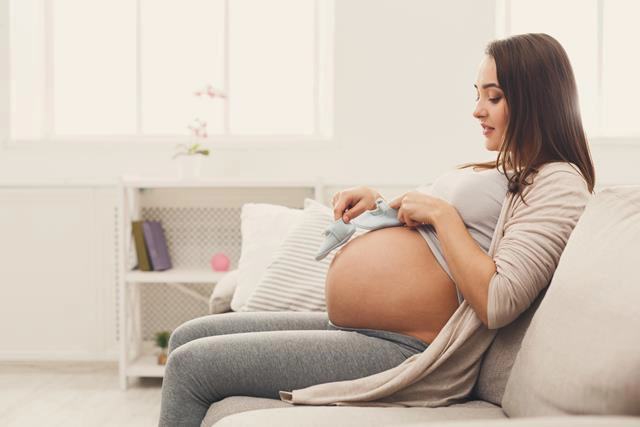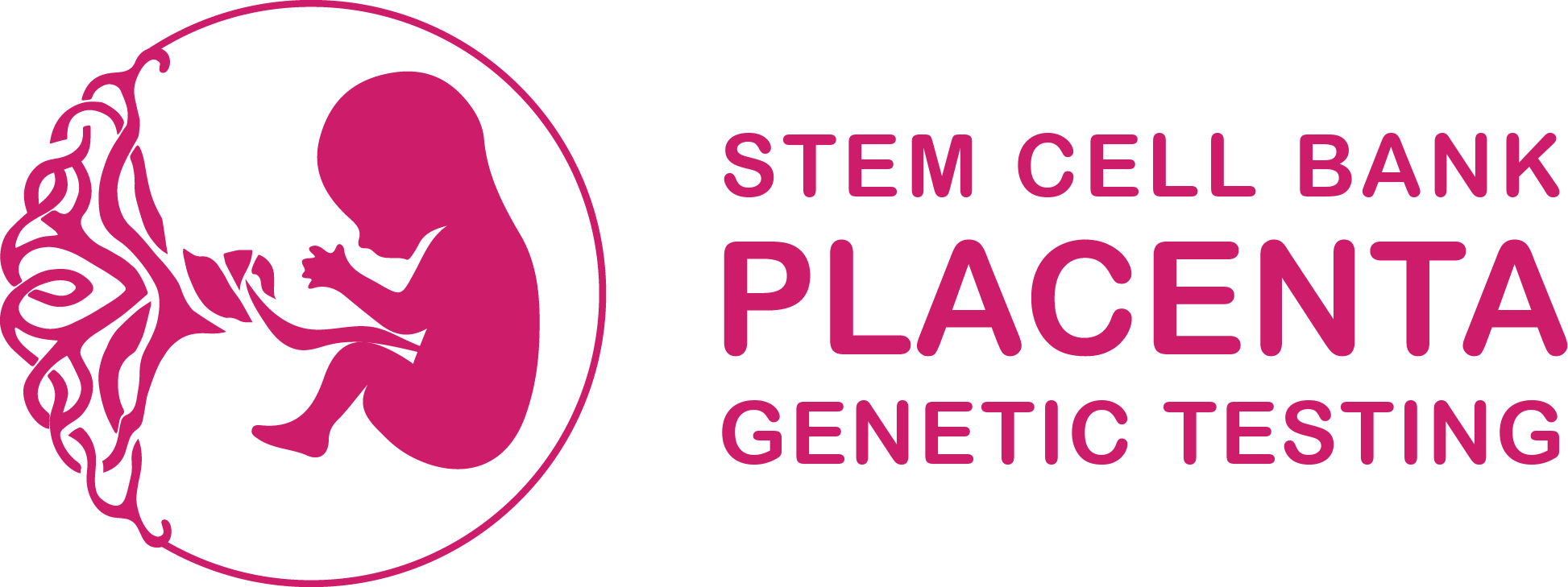FamiBlog
Cysts in pregnancy
Ovarian cysts affect many women. Most of the time they are not associated with any symptoms and are discovered by chance during an ultrasound examination. The same applies to ovarian cysts during pregnancy. Although they need to be monitored, in most cases they do not affect the course of the pregnancy and birth. Find out what types of cysts there are.

20 June 2023
A cyst - what is it?
Cysts are usually benign fluid collections that develop in or around the ovaries. In most cases, they are discovered during routine ultrasound examinations without causing any symptoms. If a cyst is larger, a woman may experience abdominal pain, among other symptoms. If the cyst ruptures, abdominal discomfort, nausea or fever may occur. In this case, surgical intervention is necessary.
Cyst - does it make it difficult to get pregnant?
In most cases, ovarian cysts have no effect on the pregnancy and the further course of the pregnancy. However, they do require regular check-ups by a gynaecologist. If the cyst is large and ruptures, acute abdominal discomfort may occur, requiring urgent intervention and surgery. The same applies to torsion of an ovarian cyst, which may also require surgical treatment. However, it should be remembered that surgery on the ovaries can affect the ovarian reserve and thus reduce the chances of pregnancy in the following years. For this reason, surgery is avoided if the cyst observed on ultrasound is small and looks benign.
Types of cysts
Cysts can be divided into several groups. A distinction is made between:
- A simple cyst, also called a functional cyst, which is caused by the dominant follicle not rupturing after ovulation
- Corpus luteum cyst - results from abnormal disappearance of the yellow body (corpus luteum) after ovulation
- Haemorrhagic cyst - caused by a ruptured blood vessel during ovulation
- Dermoid cyst - also known as a monstrosity, which may contain other tissues such as hair or teeth
- Chocolate cyst - develops in the context of endometriosis, among other things
Most cysts are benign, but in any case require regular check-ups with the gynaecologist. If they reach a considerable size, surgery may be necessary. The same applies if an ovarian cyst ruptures.
Cysts during pregnancy and birth
In most pregnant women, a small ovarian cyst is not a contraindication to natural childbirth. However, if the cyst reaches a large size and threatens to burst, the doctors may decide to induce labour by C-section and remove the cyst at the same time. If the specialists have doubts about the nature of the lesion, i.e. whether it is malignant, the operation may be performed during pregnancy in order to analyse the cyst on histopathological examination and, if necessary, provide appropriate treatment.
Since the cyst can have a variety of causes, regular follow-up with a gynaecologist is important. It should also be remembered that there is a large group of women who were diagnosed with an ovarian cyst in the first trimester of pregnancy and who have had the lesions regress after delivery.
Sie interessieren sich auch für:
Intimate infections during pregnancy
Many expectant mothers struggle with the annoying symptoms of intimate infections during...
Sore throat during pregnancy
A sore throat is a relatively common condition that also affects pregnant women. However, not all...
Eating raw meat during pregnancy
During pregnancy, the expectant mother has many desires. But not all of them can be freely...
Stem cells and cord blood
Bone marrow was the primary source of stem cells (bone marrow transplantation involves...































